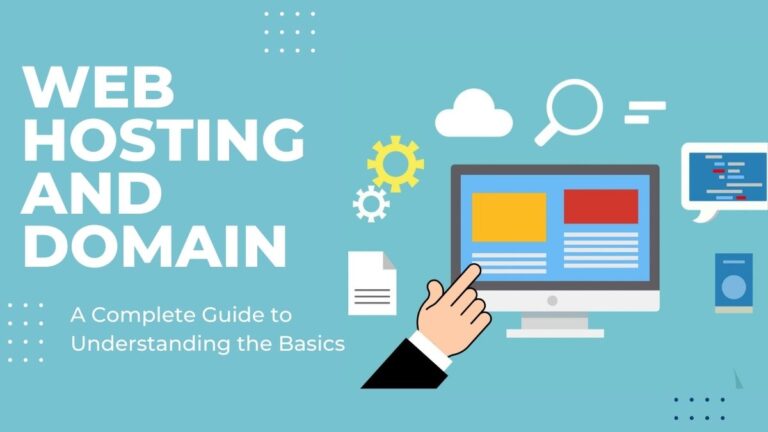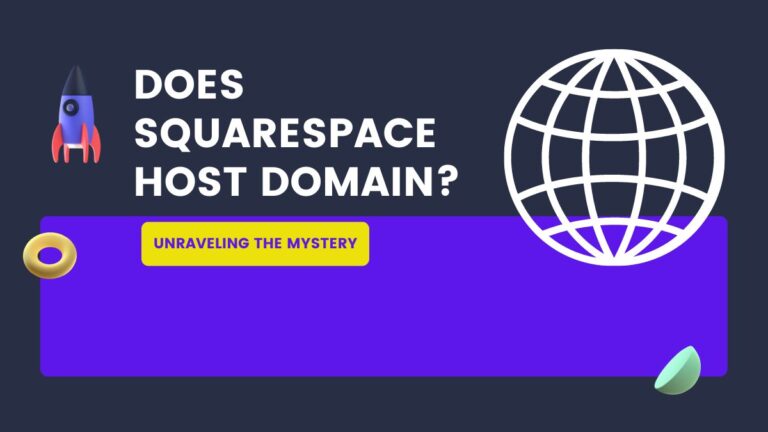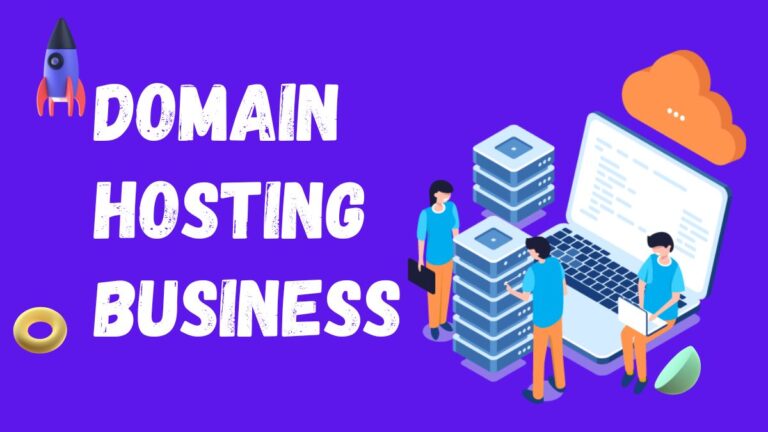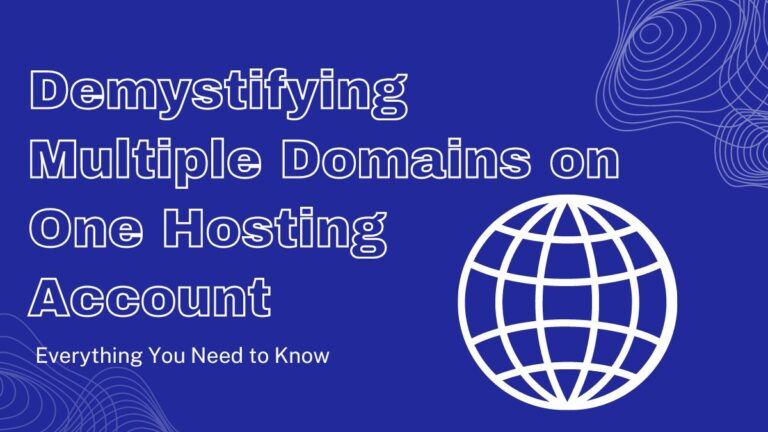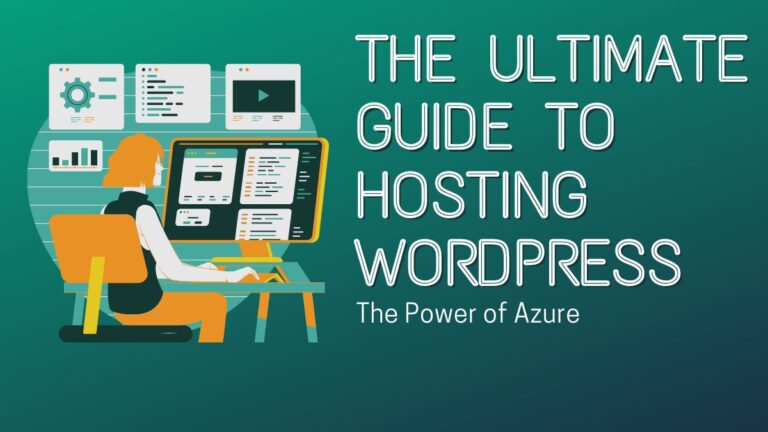Can You Use WordPress without a Host? Exploring the Possibilities

Are you ready to break free from the limitations of traditional web hosting? Are you curious if it’s possible to use WordPress without a host? Well, get ready to embark on an adventure into uncharted territory as we dive deep into the realm of self-hosted WordPress.
In this blog post, we’ll explore the possibilities and uncover whether it’s feasible for you to take control of your website by running WordPress independently. Buckle up, because we’re about to shatter some preconceived notions and discover a whole new world of flexibility and creativity!
Table of Contents
What is WordPress?

WordPress is a popular content management system (CMS) that can be used without a host. WordPress can be installed on a server using either the WordPress Codex or the WordPress repository. Both of these websites offer step-by-step instructions for installing WordPress on my server. Once installed, you’ll be able to create and manage your website’s content using WordPress’ built-in features.
WordPress is open source, and the code base is freely available on GitHub. WordPress also releases new versions every few months, so you can be sure that it will continue to be available for years to come.
How Does WordPress Work?

WordPress is a content management system (CMS) that enables you to create a website or blog from scratch or to improve an existing website. WordPress is free and open-source software released under the GNU General Public License. WordPress works with most web hosts, but it can also be run on a self-hosted solution. WordPress relies on an active internet connection to function.
When you create a new WordPress site, the software takes care of most of the work for you. WordPress creates a custom domain name for your site, sets up a web server to host it, installs the necessary software, and configures your account with the hosting provider. Once your WordPress site is live, you can add content, manage settings, and make changes to your site using the built-in administrative tools.
If you want to use WordPress on a self-hosted solution, you need to install and configure the software yourself. After you have installed WordPress, you must create a database and add information about your site. You will also need to set up a web server to host your WordPress site.
WordPress works with most web hosts, but it can also be run on a self-hosted solution. WordPress relies on an active internet connection to function.
Is WordPress Hosted?

WordPress is a popular content management system that can be used to create a website or blog. WordPress can also be hosted on a server, but this option may not be suitable for all users. When WordPress is hosted, it is stored on a remote server and accessed through a web browser. This means that the user must have access to the internet and a web browser to use WordPress.
When WordPress is hosted, it can be difficult to customize the appearance of the website or blog. Additionally, hosting services may charge additional fees for features such as private blogs or custom domain names. If you do not need the convenience of having WordPress hosted, consider using a self-hosted version instead.
Self-hosted WordPress versions are accessible through your website and do not require any external hosting service. However, self-hosting does require some technical expertise and knowledge about web hosting and internet security protocols.
If you are not sure whether WordPress is hosted or self-hosted, you can contact the WordPress Support team for help.
Are there any disadvantages to using WordPress?
There are a few potential disadvantages to using WordPress. First, WordPress can be difficult to customize and make changes to. Additionally, hosting services may charge additional fees for features such as private blogs or custom domain names. If you do not need these features, consider using a self-hosted version. Finally, when WordPress is hosted, it can be difficult to access the website or blog from outside of the internet. When WordPress is self-hosted, however, this is not an issue.
Can You Use WordPress Without a Host?
WordPress is a popular and versatile content management system (CMS). However, you can use it without a host.
To do this, you will need to install WordPress through your web browser. Once it’s installed, configure it to use the domain name of your choosing instead of the default server address. You can also choose to use a self-hosted version of WordPress if you have the necessary technical skills.
If you don’t have those skills or are unwilling to take on the additional responsibility, consider using a hosted WordPress provider. These providers do all the work for you and include features like automatically generating custom content types and page builders.
Now that you know how to use WordPress without a host, make sure to explore our host selection guide and find the perfect platform for your business.
Conclusion
WordPress is a powerful platform, but like all software, it comes with some potential downsides. Unless you have the resources to host your site, WordPress can be challenging to use without an outside source of support. Fortunately, many hosting services now offer WPinstaller plugins that make setting up and using WordPress easy and even enjoyable!
So whether you’re looking for a self-hosted solution or need help getting started with WordPress, our selection of WPinstaller plugins should have something that will fit your needs.


